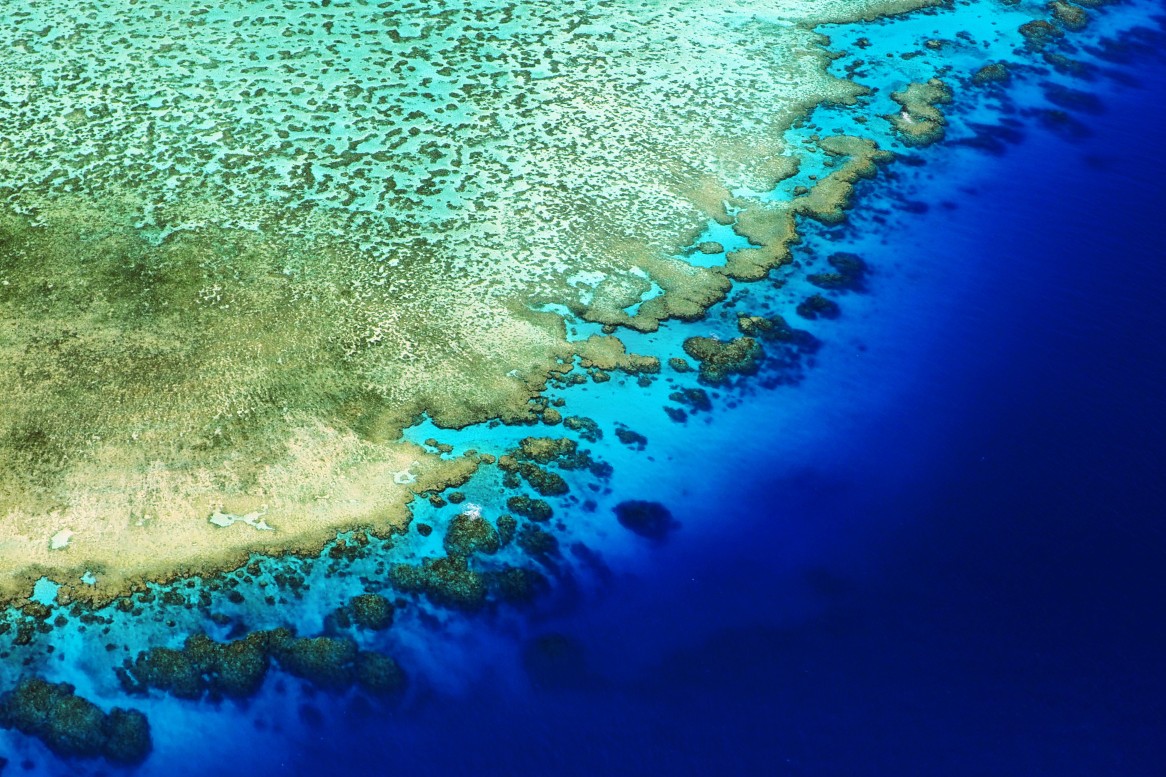
Heavy Rain, Flooding, and Chance of Severe Weather Staring Down the Southern U.S.
January 22, 2024
Posted: December 3, 2022 11:09 am





According to a new report backed by the United Nations (UN), the Great Barrier Reef should be placed on the list of endangered natural sites. Here is what you need to know about this alarming recommendation.
The report released last Monday is warning that the reef is facing a series of threats at the hands of climate change, recommending that immediate action be taken to save the world heritage site. A team of experts conducted a number of studies on the reef in coming to this conclusion, detailing that the threats will work to destroy the underwater site as it is known today.
Led by UNESCO scientists, the monitoring mission was conducted over the course of 10 days last March. The mission came shortly after the World Heritage Committee recommended that the famed reef off the coast of Australia be officially listed as “in danger” as the impacts of climate change continues to accelerate its demise. The agency also asked Australian officials to immediately address these threats, however, the request was met with hesitation by former Prime Minister Scott Morrison.
The report was originally slated to be released in May prior to UNESCO’s World Heritage Committee meeting in Russia. The release of the report was delayed until now due to the ongoing war between Russia and Ukraine, meaning that the data is about six months old.
Recommendations included in the report encompass a wide variety of steps. Some of these include earmarking more financial resources to offer protection to the vulnerable reefs and cutting greenhouse gas emissions.
Australia’s environment minister Tanya Plibersek responded to the report, detailing that the Great Barrier Reef and Australia were put in an unfair position. Plibersek acknowledged that climate change is a serious risk, however, she argued that the Great Barrier Reef should not be singled out.
Expanding across the ocean for almost 133,000 square miles, the Great Barrier Reef is home to over 1,500 species of coral and fish. While the reef is a popular diving spot, it is also a vital marine ecosystem. The reef props up the Australian economy with an annual contribution of $4.8 billion, primarily in tourist and fishing industry dollars. According to the Great Barrier Reef Foundation, the site is responsible for 64,000 jobs across a variety of sectors.
Unfortunately, scientists discovered last year that living coral along the reef has been cut in half since 1950. The culprits of this reduction were identified as overfishing, air and water pollution, and climate change. A greater amount of greenhouse gases being released into the atmosphere is triggering an incrementally warming climate, putting the reef at risk of further destruction.
Looking ahead, experts are predicting that approximately 70% to 90% of all living coral on Earth will be gone within the next two decades. The Great Barrier Reef is at a heightened risk for destruction due to the prevalence of mass bleach events that happen when the ocean waters become too warm at the hands of burning fossil fuels.
For instance, UNESCO found that the reef is now under its sixth mass bleaching event. Aerial views indicated bleaching across 750 reefs, particularly concentrated in the northern and central portions of the site. The term bleaching is used to describe the phenomenon that happens when coral does not have the food that it needs to survive. As a result, the coral starve and die, turning white in the process.
Because it takes about a decade for coral to recover from this bleaching, the increasing frequency of these events is creating a deficiency in the ocean waters. Combined with more consistent heat waves, it is easy to understand why the reef is dying.
UNESCO will now put together a more detailed report regarding the state of this national wonder of the world. The information will be presented to the World Heritage Committee next year before an official decision about whether it should go on the endangered list.
Did you find this content useful? Feel free to bookmark or to post to your timeline for reference later.

January 21, 2024

January 19, 2024

January 18, 2024